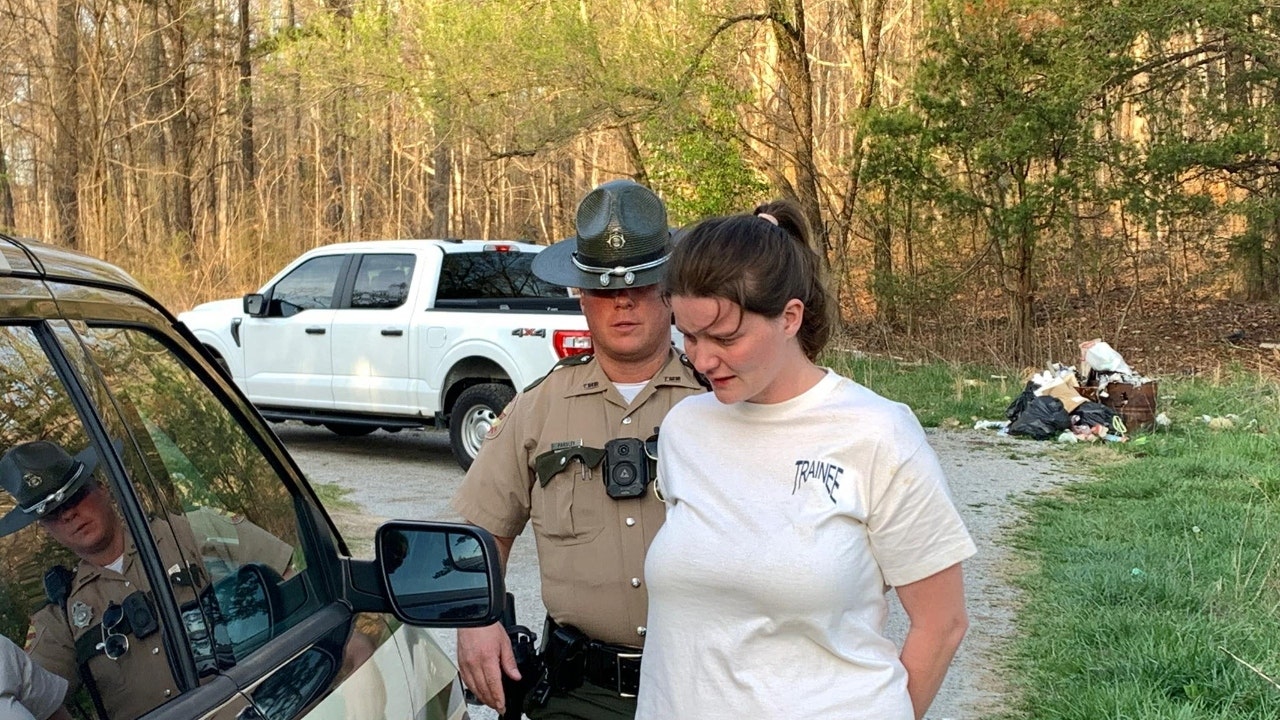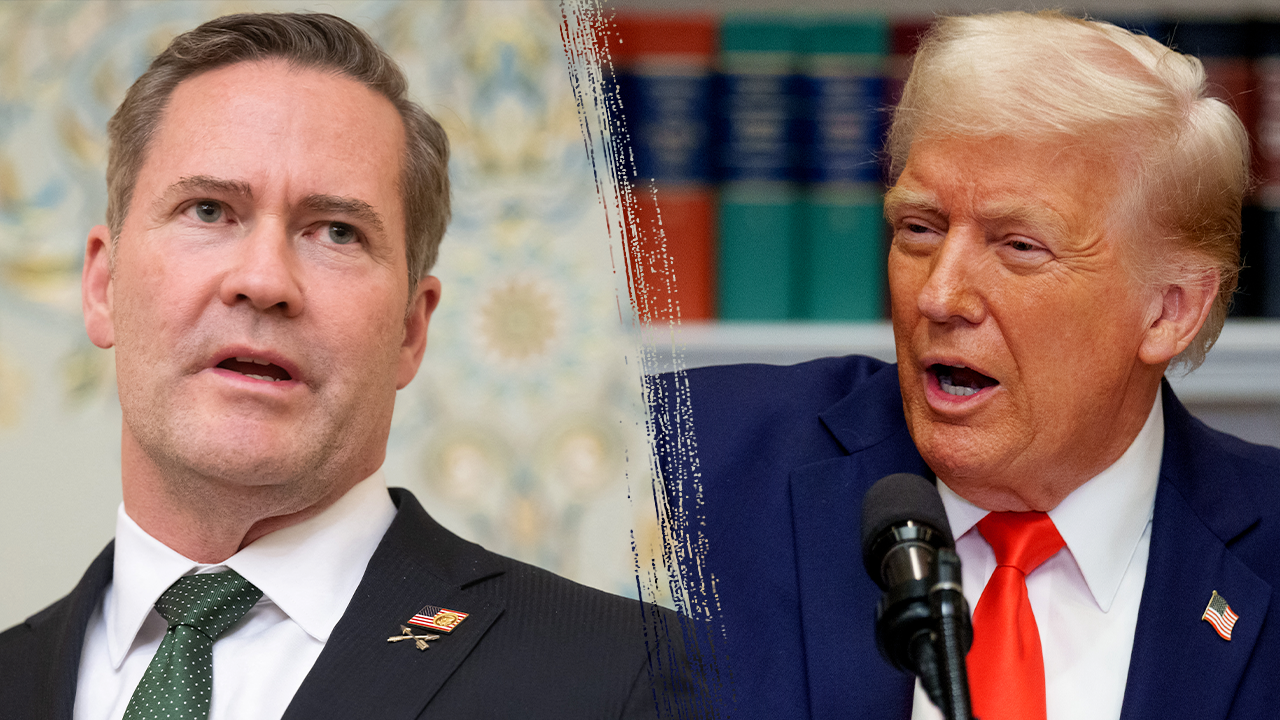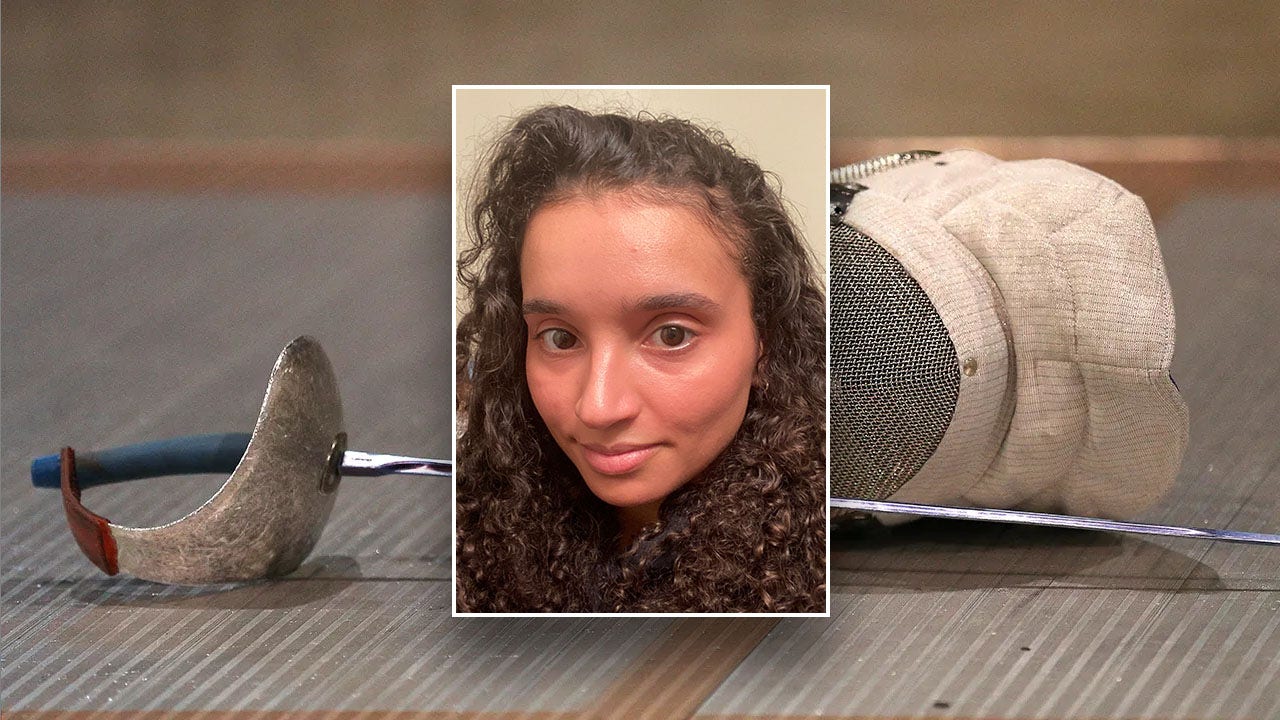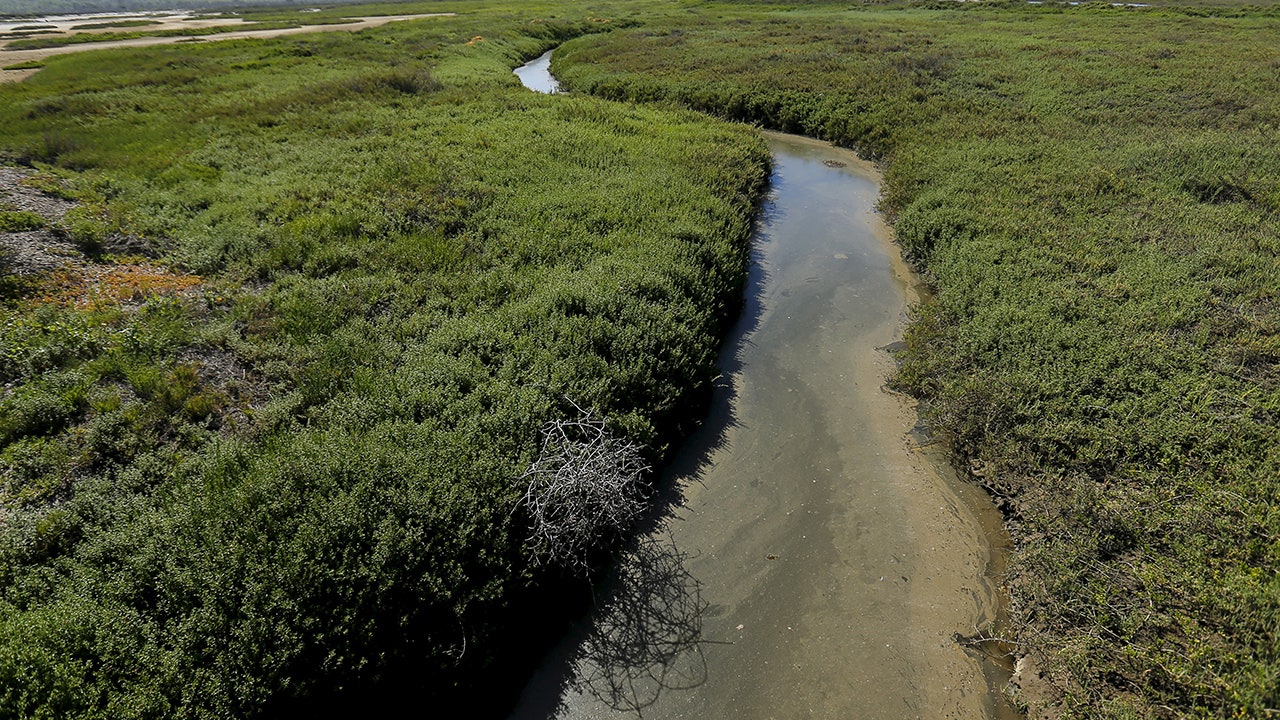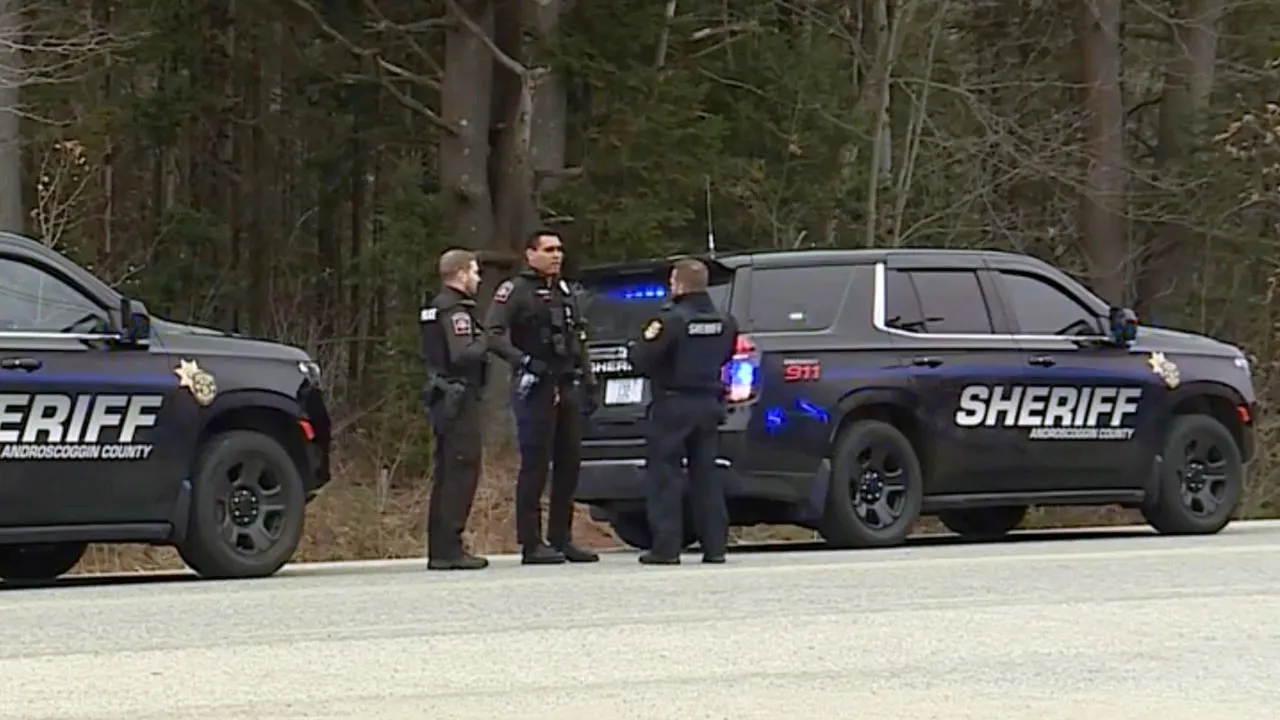The Supreme Court seemed to lean Thursday toward upholding a law forcing Chinese parent company ByteDance to sell off TikTok, with all nine justices indicating national security concerns posed by the social media app outweighed potential threats to free speech.
The high court heard oral arguments from lawyers for TikTok and its content creators, who argued that the US government’s goal in implementing the legislation was not preventing the harvesting of user data or thwarting foreign espionage, but instead chipping away at core First Amendment rights.
“The government’s real target, rather, is the speech itself,” said attorney Noel Francisco in his opening statement, concluding that the Protecting Americans from Foreign Adversary Controlled Applications Act — passed by Congress and signed into law by President Biden last April — “should not stand.”
Solicitor General Elizabeth Prelogar, who argued on behalf of the Biden administration, countered that “the Chinese government’s control of TikTok poses a grave threat to national security,” making the law necessary, while noting it leaves Americans’ free speech “unrestricted once TikTok is freed from foreign adversary control.”
“No one disputes that the [People’s Republic of China] seeks to undermine US interests by amassing vast quantities of sensitive data about Americans and by engaging in covert influence operations,” Prelogar said. “And no one disputes that the PRC pursues those goals by compelling companies like ByteDance to secretly turn over data and carry out PRC directives.”
“Those realities mean that the Chinese government could weaponize TikTok at any time to harm the United States,” she added, pointing to the “unprecedented amounts of personal data” gathered from both Americans and their non-TikTok-using contacts to build “detailed profiles” on hundreds of millions of people.
Last month, a panel of three DC US Court of Appeals judges unanimously upheld the law — which is set to take effect on Jan. 19, just before Inauguration Day — but lawyers for President-elect Donald Trump have petitioned the Supreme Court to delay it taking effect until after he assumes office.
The incoming commander-in-chief has at least 14.7 million followers on the platform and met with TikTok CEO Shou Zi Chew at his Mar-a-Lago club in December after winning back the White House.
The high court will have to rule quickly before that deadline. Under the law, TikTok is afforded just 270 days to divest from ByteDance before it begins to lose significant ad revenue.
Justice Clarence Thomas, one of the most conservative members of the court, kicked off the two-hour session of questioning for both parties.
“What exactly is TikTok’s speech?” Thomas first asked Francisco. “You’re converting the restriction on ByteDance’s ownership of the algorithm and the company into a restriction on TikTok’s speech.”
“So why can’t we simply look at it as a restriction on ByteDance?” he added. “ByteDance, which is not a citizen, is not located in the US.”
Other justices echoed the implication, pushing back on claims from the social media platform’s defenders that the law was tantamount to “shutting down the voices of 170 million Americans.”
“Congress doesn’t care about what’s on TikTok,” Chief Justice John Roberts declared at one point. “They’re not saying TikTok has to stop. They’re saying Chinese have to stop controlling TikTok. So it’s not any a direct burden on the expression at all.”
“The remedy is just somebody else has to run TikTok,” he added.
“How are those First Amendment rights really being implicated here?” liberal Elena Kagan also inquired, pressing whether being barred from accessing ByteDance’s algorithm infringed on free speech: “TikTok still has the ability to use whatever algorithm it wants, doesn’t it?”
“That’s our editor and publisher of choice that we think best disseminates our speech,” replied Jeffrey Fisher, an attorney representing several TikTok content creators.
“To the extent ByteDance is speaking in the United States,” Francisco also suggested, “it … has First Amendment rights.”
Both Francisco and Fisher claimed TikTok would “go dark” almost immediately on Jan. 19 if the law was allowed to stand since ByteDance would cut off access to its algorithm, harming those content creators.
They also tried to present examples of the outcry that would result should the government move to further crush the speech of US-based publications like Jeff Bezos’ Washington Post or platforms such as Elon Musk’s X, neither of which are owned by federally designated foreign adversaries.
“I don’t think it’s just about speech — it’s about data control,” clarified another liberal justice, Sonia Sotomayor.
“Am I right that the algorithm is the speech here?” Justice Amy Coney Barrett asked at another point, drawing a distinction between the speech of Americans and the speech of the US subsidiary TikTok.
“What we’re talking about is … the editorial discretion that underlies the algorithm,” Barrett offered. “And I just want to be clear, a lot of your examples talk about, including the Bezos one, the right of an American citizen to repeat what a foreign entity says.”
“Here the concern is about the covert content manipulation piece of the algorithm. That is something that ByteDance wants to speak, right?” she asked.
Francisco responded that “ultimately it’s TikTok’s choice whether to put that on the platform,” while alleging — contrary to Prelogar — that it and the parent company ByteDance can “absolutely resist any content manipulation by China.”
“It seems to me that your stronger argument, or at least the one that most interested me was this argument of, look, if the government is doing something specifically for the purpose of changing the content that people see, that has to be subject to strict scrutiny,” Barrett glossed. “But I don’t see that as as affecting TikTok as opposed to as affecting ByteDance.”
Justice Brett Kavanaugh also suggested the US government required the authority to force the divestment given the potential for espionage by a foreign adversary
“I think Congress and the president were concerned that China was accessing information about millions of Americans, tens of millions of Americans, including teenagers, people in their 20s; that they would use that information over time to develop spies, to turn people, to blackmail people — people who, a generation from now will be working in the FBI or the CIA or in the State Department,” Kavanaugh explained.
“This user data sits on data servers in Virginia, controlled by Oracle,” Francisco fired back, a claim at odds with both federal and independent investigations of on the accessibility of Tiktok’s user data. “You can’t give it to ByteDance, you can’t give it to China, you can’t give it to Google, you can’t give it to Amazon. You cannot give it to anybody under threat of massive penalties.”
But the lawyer backtracked moments later and admitted there remained a risk.
“I certainly acknowledge the risk,” Francisco added of the permeability of the data. “But there are lots of reasons why that risk still can’t justify the law.”
Justice Neil Gorsuch also sussed out a factual dispute between the two parties that got to the heart of the case.
“The government says that TikTok, US, has no authority or ability to alter the algorithm or recommendation engine but must simply follow ByteDance’s directives. You disagree with that in your reply brief. Somebody has to be right and somebody has to be wrong,” Gorsuch homed in.
“There is nothing in the record that says that TikTok, like any other subsidiary, doesn’t have its own independent, record-making authority,” Francisco responded. “TikTok incorporated as a US company does have a choice over the algorithm.
“Now, it would be an incredibly bad business decision for them to abandon this algorithm and they very doubtful would ever do it,” he acknowledged. “What they clearly have the authority to do is shut down the platform in the face of Chinese pressure.”
But Gorsuch also highlighted that ByteDance’s commitment to opposing divestment indicates a degree of pressure — as well as a stance that a sale didn’t seem “feasible” to the Chinese parent company under any circumstances, even given 270 days to do so.
“I think it’d be extraordinarily difficult,” Francisco claimed.
Elsewhere, Justice Samuel Alito deployed a sartorial metaphor to describe the bond TikTok creators share with ByteDance’s algorithm.
“I mean, I really love this old shirt because I’ve been wearing this old shirt, but I could go out and buy something exactly like that, but no, I like the old shirt,” he said. “Is that what we have here?”
Fisher retorted that the algorithm had no equal in the social media sphere.
“It’s not that you couldn’t execute the disentanglement. You could say we’re independent,” Francisco added at another point. “You just can’t recreate TikTok in any kind of way.”
As news of the law forcing TikTok’s sale broke last April, reports surfaced that former Treasury Secretary Steve Mnuchin was trying to purchase it with a group of investors.
“Congress did not ban TikTok. It simply prevented foreign adversaries from owning our social-media platforms, something we already do for TV and radio stations,” former Rep. Mike Gallagher (R-Wis.) wrote on X Friday.
“SCOTUS must uphold the law and give Americans the chance to use TikTok free from CCP control,” added Gallagher, who co-wrote the legislation that could also target apps controlled by parent companies in other foreign nations.
Feroot Security, which recently audited private and public health care websites, found TikTok’s tracking pixels had increased on the sites’ pages by 35% in the past year, Bloomberg reported Monday.
The app was able to sweep up identifying information using the pixels — such as a web user’s name, age, address and even the medicines they were taking or their most recent medical procedure.
Chinese law also shields ByteDance from having to disclose whether that information is being exported from the US, according to Feroot CEO Ivan Tsarynny.
“Our research overwhelmingly discovered that Americans’ data are exposed to Chinese companies on websites that we all use on a daily basis,” Tsarynny told The Post, noting ByteDance was not an outlier.
“TikTok is a major, but is not the only, way Chinese companies collect Americans’ data. Therefore, rules that will prevent adversarial countries, such as China and Russia, collecting data will help.”
The justices are expected to issue a ruling in TikTok v. Garland in fewer than two weeks.
Read the full article here



